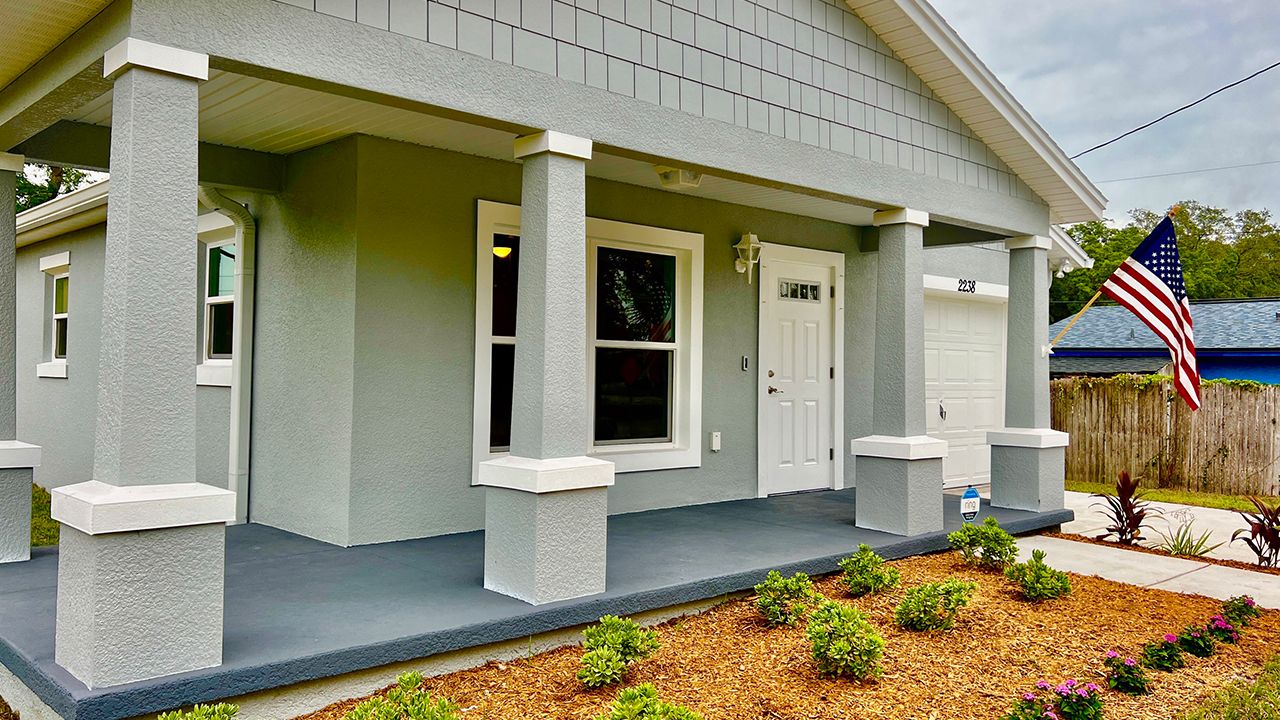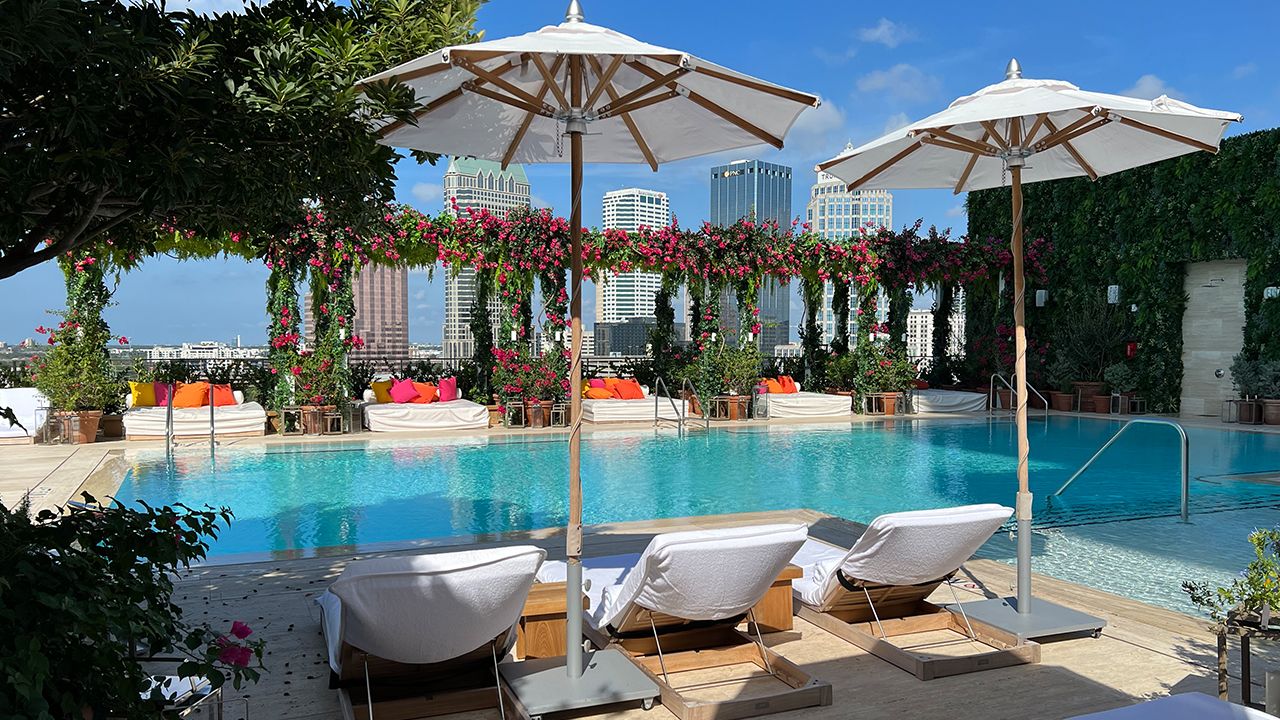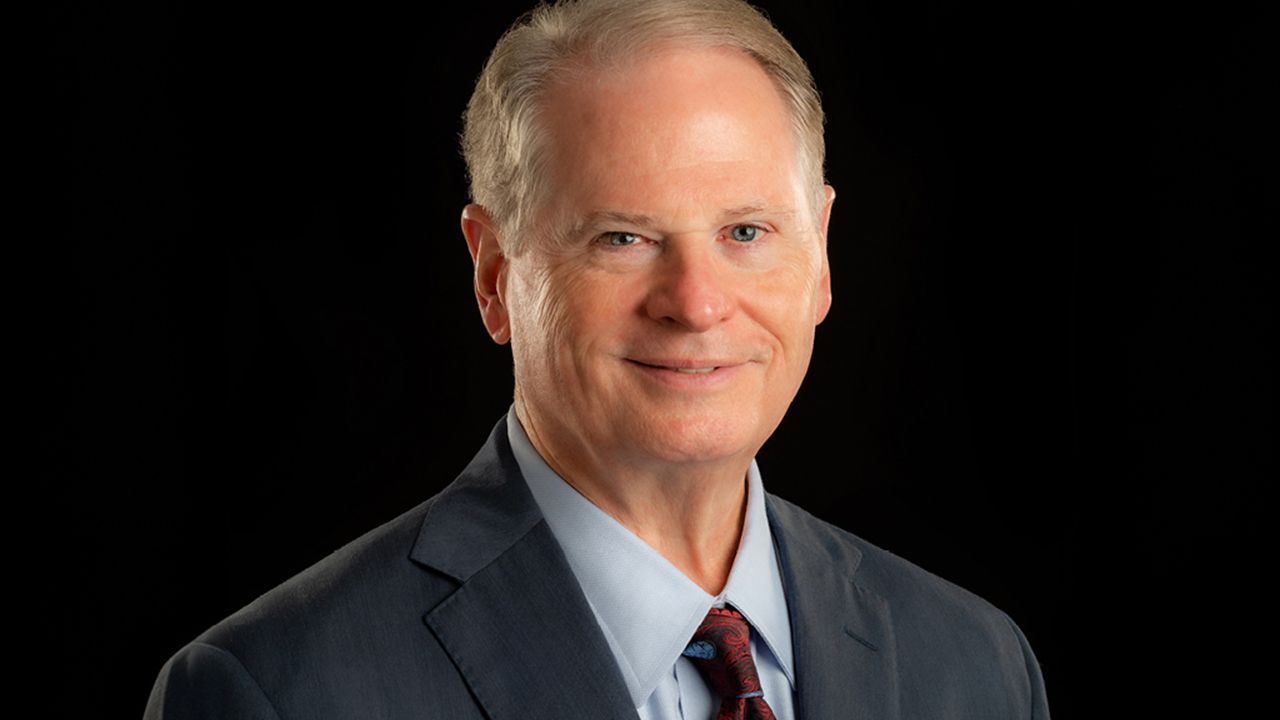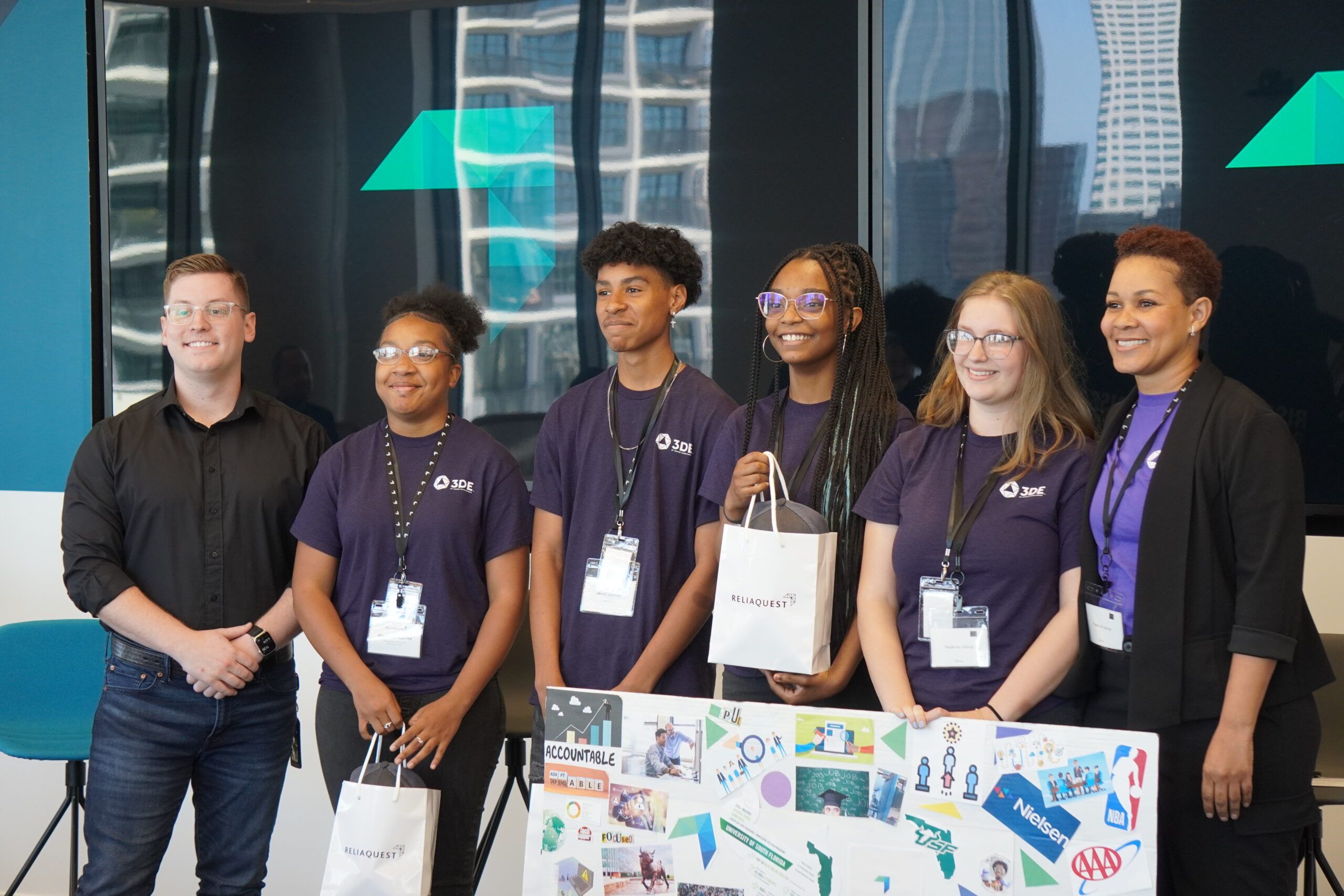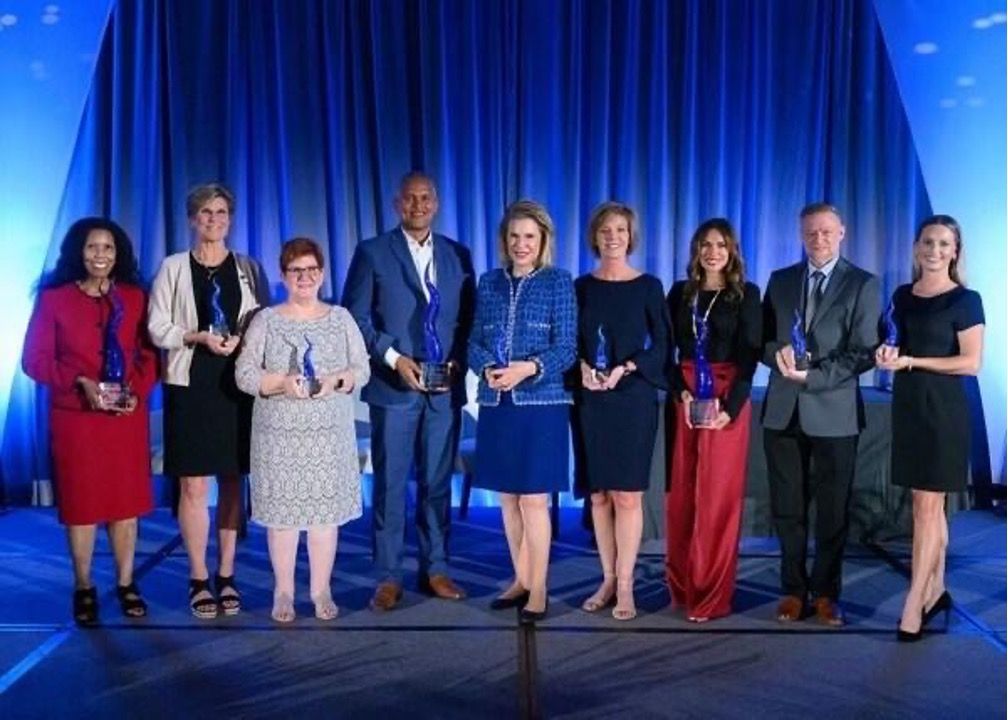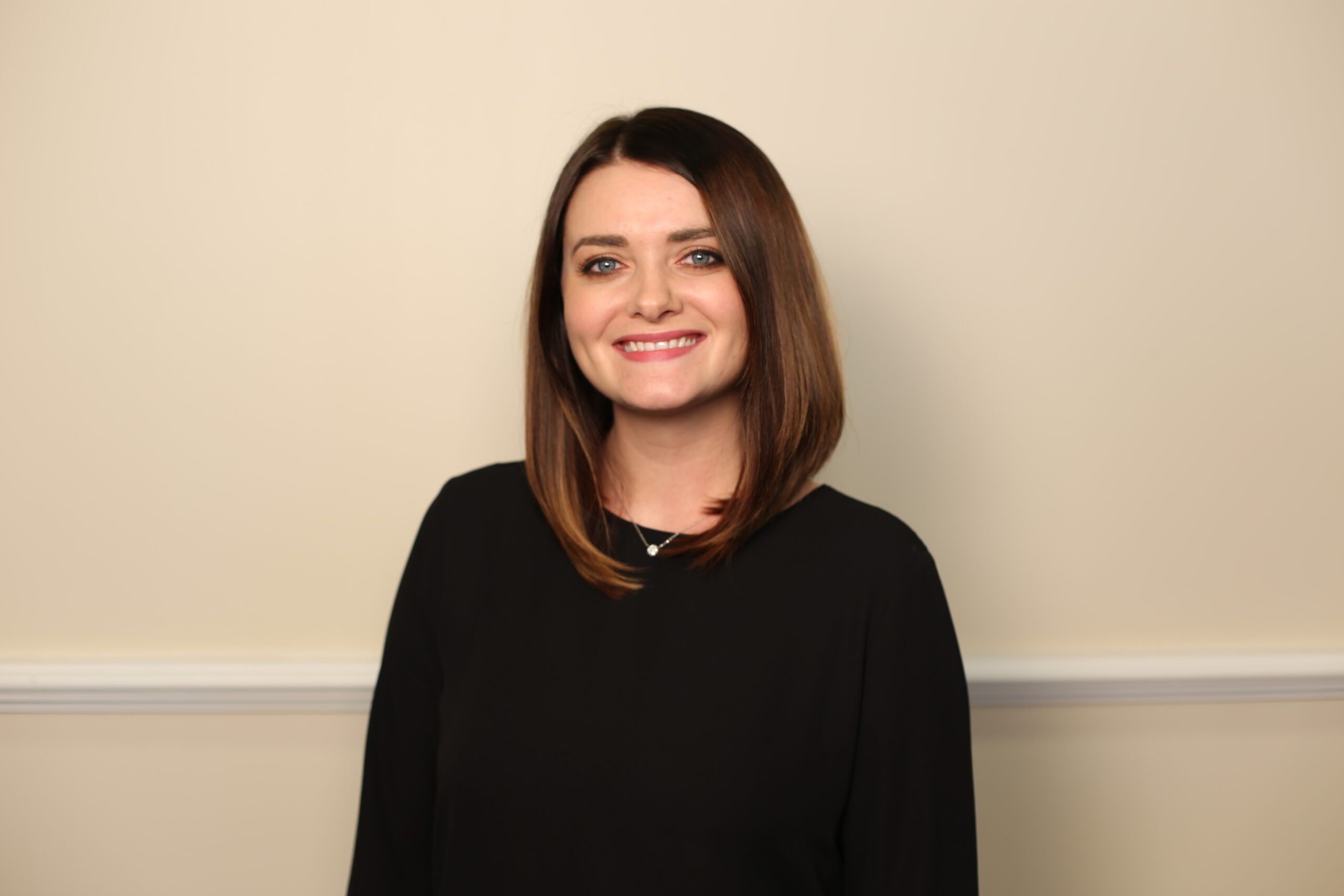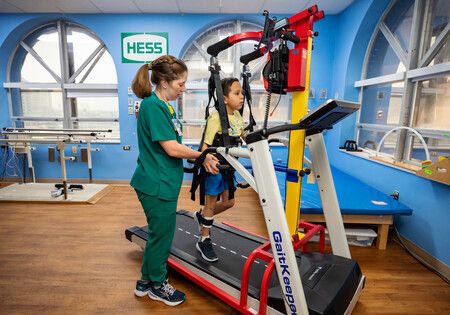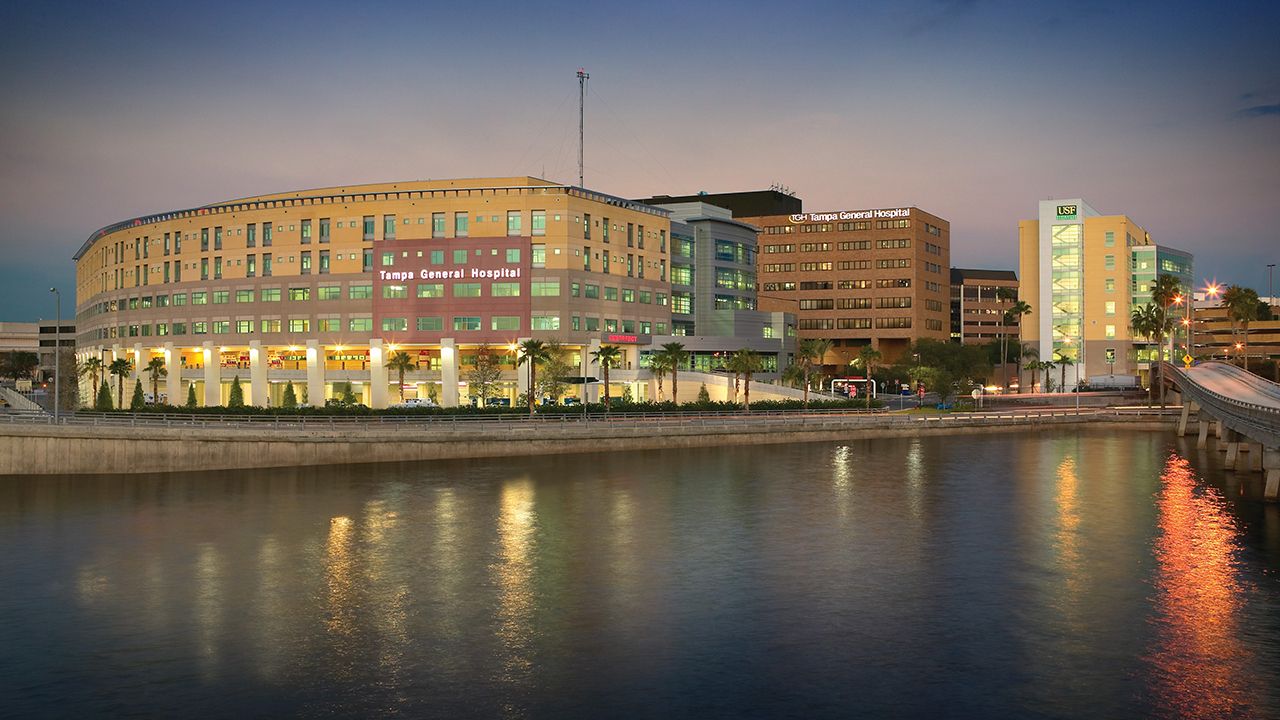For Rabbi Ed Rosenthal, executive director and campus rabbi of the Suncoast Hillels, what started as part of his work with Hillel’s campus ministries, across the Tampa Bay area, evolved into an interfaith global movement of marine conservation. It grew from a humble beginning.
As Rosenthal explains: “I was working with a small group of students six years ago at Eckerd College. We were discussing tashlich, the traditional, riverside ritual of atonement that’s been performed for centuries, usually conducted on the first day of Rosh Hashanah. The word comes from Hebrew, meaning ‘to cast,’ and the ritual symbolically casts off our sins before the Jewish new year by throwing bread or small pebbles into the water. One of the students casually said, ‘There’s already more than enough human sin in the water.’ ”
Those simple words, the pithy acknowledgment of how humans treat the Earth, humbled Rosenthal. An avid scuba diver who loves spending time in the water, the words really hit home. He had already led marine conservation and clean-ups as part of his campus ministry work, so Rosenthal came back to the students with an idea.
“We created a ‘reverse Tashlich.’ We didn’t approach this in the context of, ‘Isn’t it ugly to have trash at the waterfront?’ We didn’t do it from the context of, ‘The trash is poisoning the water we drink and how’s that pollution impacting us?’ We approached it from the perspective of Psalm 95, where it says, ‘the Sea is God’s.’ If somebody ruins your church, mosque or synagogue and vandalizes it, throwing garbage on the altar, it would devastate you. Yet we’re treating the sea like a garbage dump. We should pick up trash as a holy experience because we are in God’s house and we must respect it.”
For Rosenthal, it’s a faith-based belief that is universal.
“Every religious tradition, Jewish, Christian, Muslim, Buddhists, Sikh, Hindu — it makes no difference, we all see the divinity in nature. Whether it is via creation or whether it’s via the laws of nature, we all see something in nature which is spiritually fulfilling,” he says.
The handful of students at Eckerd College embraced Rosenthal’s idea, spending the day with this new ritual, cleaning up the mangroves nearby, witnessing the difference in the heaps of debris collected. The next year, the same project attracted double the number of students and Rosenthal decided to spread the word to local synagogues for the third event. The response was overwhelming, he says.
“Every synagogue in the wider area took part. It was very exciting, and we could see the potential to involve more communities,” Rosenthal added.
Earlier, Rosenthal had founded an extension group from the Suncoast Hillels to better organize their conservation work, Tikkun HaYam, or Repair the Sea. He also took advantage of Hillel’s wide range of connections through campus ministries around the United States.
“Three years after we started,” explained Rosenthal, “from our six students, we had 47 teams around the nation.”
When the COVID-19 pandemic hit last year, they were forced to take a hiatus, but for 2021, they hoped for a strong return with a goal of doubling the number of registered teams, from 47 to 92. Rosenthal, who worked as a congressional Rabbi in Auckland, New Zealand, before coming to Hillel, also spread the word internationally.
As the September date approached, they were amazed by the response.
“Our idea went viral. Even in the continuing pandemic, we had 161 registered teams across 18 different countries. Over 1,000 people participated, and we received global news coverage from the United Kingdom to Israel,” he says.
In Ramsgate, a seaside town in East Kent in England, organizers actively encouraged participation from all faiths to “celebrate the area’s cultural diversity and cooperation” led by the Muslim mayor. The event has evolved into an international, interfaith acceptance into our responsibilities towards water. Rosenthal is already hoping to double the number of teams again next year, to more than 300.
The resounding success of the Reverse Taschlich has led to other eco-friendly endeavors, as Rosenthal feels empowered to keep bridging faith-based communities to make an environmental difference. Rosenthal’s newest focus is on reducing the amount of plastic used in faith-related events, or functions, by partnering with Verterra, a leading company for sustainable, one-use dinnerware made from leaves and water.
Rosenthal concludes, “We want the student-based faith community to come together—Christian, Muslim, Jewish, everyone—to raise awareness of what we can do if we work together. I don’t like teaching tolerance. The etymology of tolerance goes back to the Middle Ages and refers to how much poison the human body can tolerate before death. I don’t want anyone to tolerate me. We need to understand different people’s religions, ethnicity and the best way to do that is to remind ourselves that we have more in common than not. If we can find those common areas, we can transcend our differences and find issues that speak to all of us, that impact all of us, and then there’s no limit to what can be done for the good of the planet.” ♦





